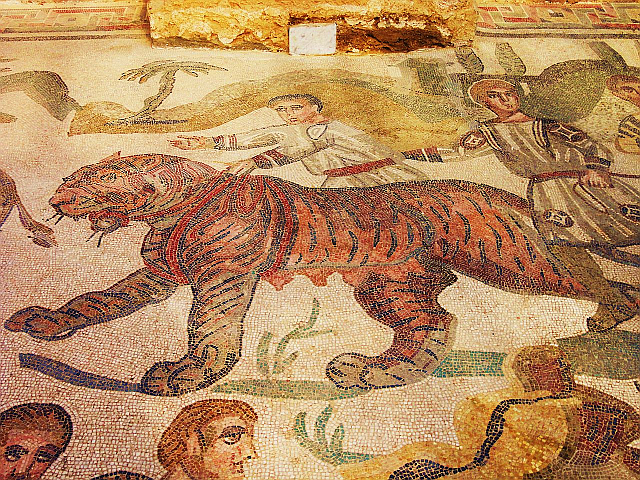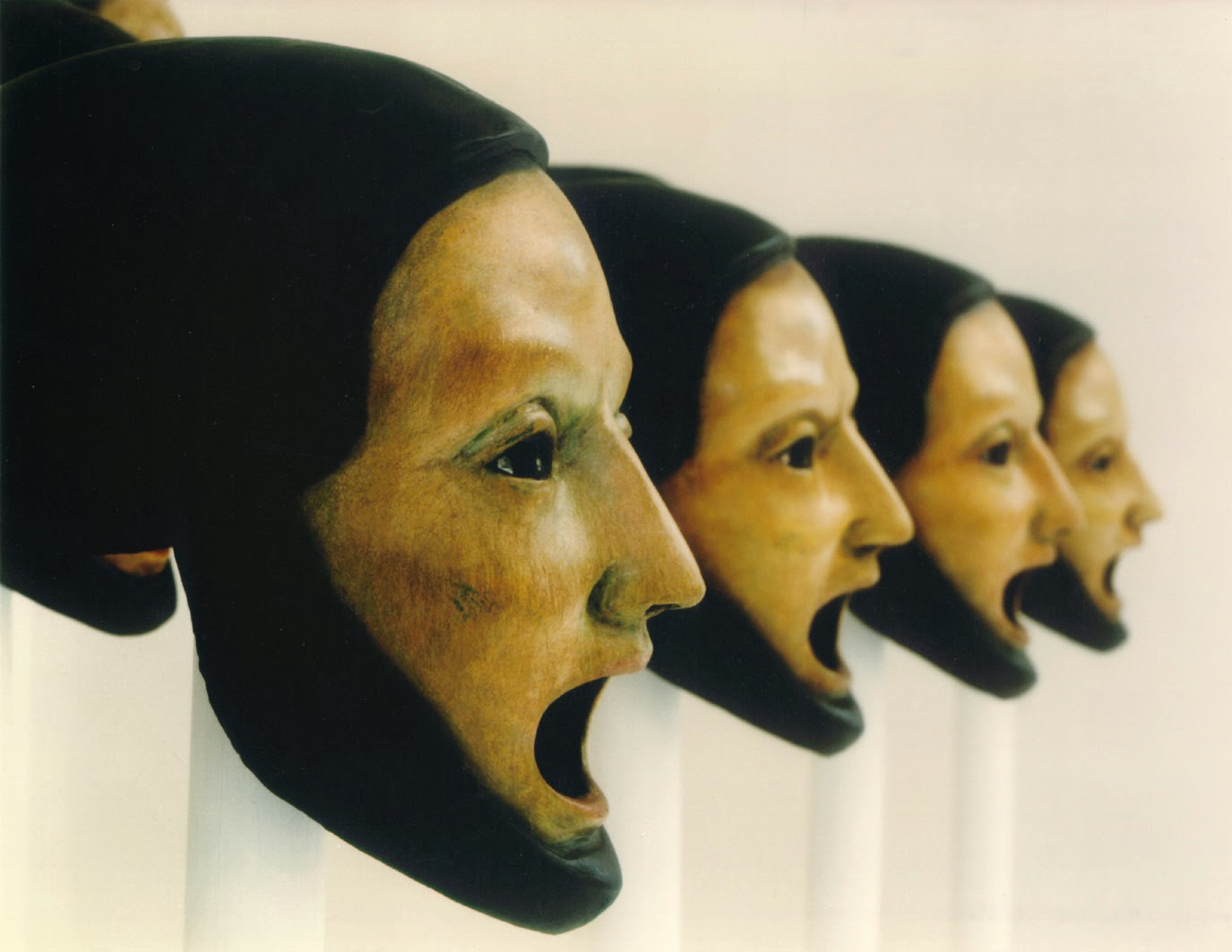The third choral ode in the Antigone refers to the house of Oedipus, naming his grandfather, Labdacus:
One thing to note is, the line of Theban kings beginning with Cadmus and going past Creon is rife with dynastic interruptions. Amphion and Zethus, who built the walls of the Thebes later ruled by Oedipus, were not Cadmeians, but were sons of Antiope and (not unlike Theseus) two fathers: Zeus and a mortal, Epopeus. Niobe was Amphion's wife.
The pair seized power at a certain point, as others would at other points. An overview of the line of kings is here. Note the frequent appearance of regents. Lycus is twice a regent, once for Labdacus and once for Laius. Later on Creon similarly will twice be a regent. Many events seem paired, for example, Labdacus will be torn apart by Bacchantes just as Pentheus had been. Labdacus was the son of Polydorus, who was the son of Cadmus and Harmonia, and the brother of Semele.
There are many side plots and strange intersections. For example, Labdacus dies in a battle with Athens over a border. Athens wins in part because its king, Pandion, receives aid from Tereus of Thrace. Tereus is of course the notorious rapist of Philomela, whose tale Ovid told with gruesome relish.
One could go on. But here's one thing that might shed light on the curse on the Labdacids, which the chorus mentioned. It has to do with Labdacus' son, Laius. We all know that Laius was given a prophecy that he should not ever have a child, and that if he did, that child would murder him. One version of the tale explains the reason for the prophecy, and it has to do with the mighty Peloponnesian hero and son of Tantalus, Pelops:
Anyway, after this we get to the part of the tale which most have heard:
I see that the ancient sorrows of the house of the Labdacids [595] are heaped upon the sorrows of the dead.Another ode later in the play alludes to Niobe. It might be helpful to situate these and other key figures in the back story of Thebes. The problem is, there isn't one epic tale that manages to weave them all into one text. The Cypria apparently made an effort, but only 50 lines survive.
One thing to note is, the line of Theban kings beginning with Cadmus and going past Creon is rife with dynastic interruptions. Amphion and Zethus, who built the walls of the Thebes later ruled by Oedipus, were not Cadmeians, but were sons of Antiope and (not unlike Theseus) two fathers: Zeus and a mortal, Epopeus. Niobe was Amphion's wife.
The pair seized power at a certain point, as others would at other points. An overview of the line of kings is here. Note the frequent appearance of regents. Lycus is twice a regent, once for Labdacus and once for Laius. Later on Creon similarly will twice be a regent. Many events seem paired, for example, Labdacus will be torn apart by Bacchantes just as Pentheus had been. Labdacus was the son of Polydorus, who was the son of Cadmus and Harmonia, and the brother of Semele.
There are many side plots and strange intersections. For example, Labdacus dies in a battle with Athens over a border. Athens wins in part because its king, Pandion, receives aid from Tereus of Thrace. Tereus is of course the notorious rapist of Philomela, whose tale Ovid told with gruesome relish.
One could go on. But here's one thing that might shed light on the curse on the Labdacids, which the chorus mentioned. It has to do with Labdacus' son, Laius. We all know that Laius was given a prophecy that he should not ever have a child, and that if he did, that child would murder him. One version of the tale explains the reason for the prophecy, and it has to do with the mighty Peloponnesian hero and son of Tantalus, Pelops:
While Laius was still young, Amphion and Zethus usurped the throne of Thebes. Some Thebans, wishing to see the line of Cadmus continue, smuggled Laius out of the city before their attack, in which they killed Lycus and took the throne.[1] Laius was welcomed by Pelops, king of Pisa in the Peloponnesus.[2] According to some sources, mostly belonging to the Christian era, Laius abducted and raped the king's [bastard] son, Chrysippus, and carried him off to Thebes while teaching him how to drive a chariot, or as Hyginus records it, during the Nemean games. This abduction is thought to be the subject of one of the lost tragedies of Euripides. Most scholars agree that the rape or seduction of Chrysippus was a late addition to the Theban myth. With both Amphion and Zethus having died in his absence, Laius became king of Thebes upon his return.There are other variants. In one, Pelops' wife Hippodamia tries to get her two sons by Pelops to kill Chrysippus, the bastard by a nymph. Those two sons of Hippodamia and Pelops are Atreus and Thyestes, father and uncle respectively of Agamemnon and Menelaos. (See Parada, Greek Mythology Link, for more on this story). Surprise connections between the mythologies of different Houses of Greece pop up like this.
Anyway, after this we get to the part of the tale which most have heard:
After the rape of Chrysippus, Laius married Jocasta or Epicasta, the daughter of Menoeceus, a descendant of the Spartoi. Laius received an oracle from Delphi which told him that he must not have a child with his wife, or the child would kill him and marry her; in another version, recorded by Aeschylus, Laius is warned that he can only save the city if he dies childless. One night, however, Laius was drunk and fathered Oedipus with her . . .And thus we arrive by a commodius vicus at Sophocles' tale of Antigone.








